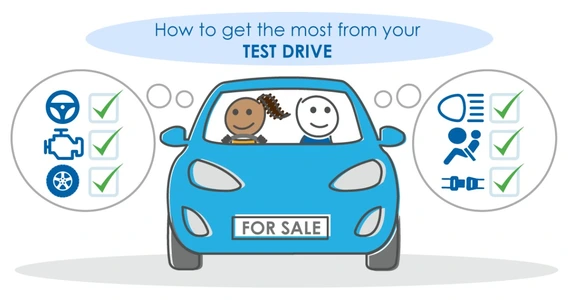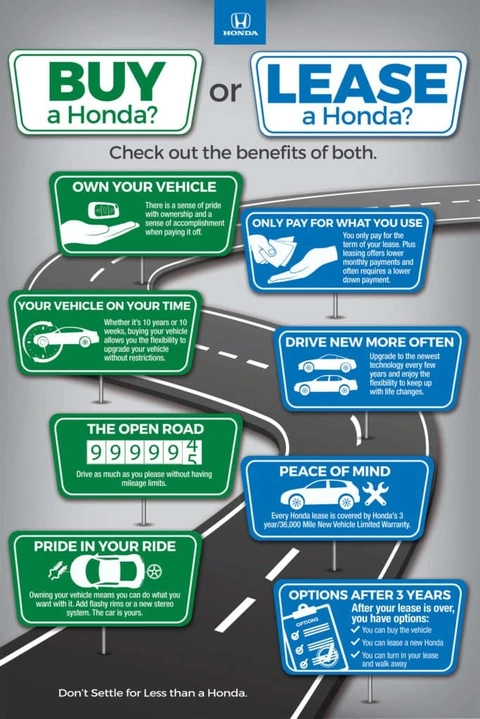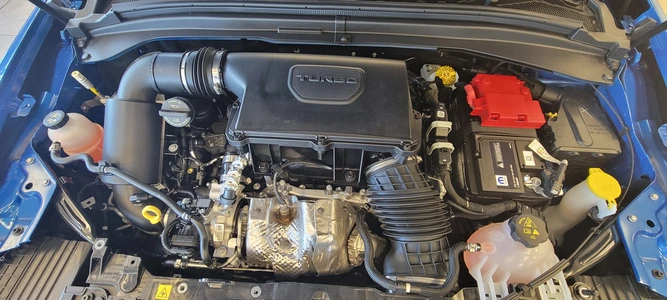Buying a new car is an exciting endeavor, but it's essential to consider all aspects of car ownership, including car insurance. Car insurance is not only a legal requirement in most places, but it also provides crucial financial protection in case of accidents or unexpected events. Before you drive off the lot with your new vehicle, here's what you need to know about car insurance.
1. Understand the Different Types of Coverage: Car insurance comes in various forms, and it's important to understand the different types of coverage available:
a. Liability Insurance: This is typically required by law and covers the cost of damages and injuries you cause to others in an accident.
b. Collision Coverage: This covers damage to your vehicle in the event of a collision, regardless of fault.
c. Comprehensive Coverage: This protects your car from non-collision-related damages, such as theft, vandalism, or natural disasters.
d. Uninsured/Underinsured Motorist Coverage: This coverage helps you when you're in an accident with a driver who doesn't have insurance or insufficient coverage.
2. Know Your State's Minimum Requirements: Car insurance requirements vary from state to state, so it's crucial to know the minimum coverage required where you live. Failing to meet these requirements can lead to legal penalties.
3. Consider Your Vehicle's Value: The value of your vehicle plays a significant role in determining the type and amount of coverage you need. A brand-new luxury car may require more comprehensive coverage than an older, less valuable vehicle. Consider factors like your car's age, make, and model when choosing coverage.
4. Shop Around for the Best Rates: Car insurance rates can vary significantly from one provider to another. Take the time to shop around, compare quotes, and consider factors such as deductibles and coverage limits. Don't settle for the first quote you receive; doing your homework can save you money in the long run.
5. Bundle Your Policies: Many insurance providers offer discounts if you bundle your car insurance with other policies, such as home or renters insurance. Bundling can result in significant cost savings.
6. Maintain a Good Driving Record: Your driving history plays a significant role in determining your insurance rates. Safe drivers with clean records are often eligible for lower premiums. Avoid traffic violations and accidents to keep your rates affordable.
7. Consider Optional Coverages: In addition to the basic types of coverage, insurers offer optional coverages like rental car reimbursement, roadside assistance, and gap insurance. Evaluate your needs and budget to determine which optional coverages are worth considering.
8. Review and Update Your Policy Annually: Your car insurance needs may change over time. Review your policy annually to ensure it still meets your requirements. Life changes such as moving, getting married, or having a teen driver can impact your insurance needs.
Car insurance is a crucial aspect of car ownership that requires careful consideration. Understanding the types of coverage available, your state's requirements, and your vehicle's value can help you make informed decisions when purchasing insurance. By shopping around, maintaining a good driving record, and reviewing your policy regularly, you can ensure you have the right coverage at the best possible rate. Don't rush the process; taking the time to make informed choices can provide peace of mind and financial protection on the road.
Dalton Stidham
(901) 504-8503
Homer Skelton CDJR












